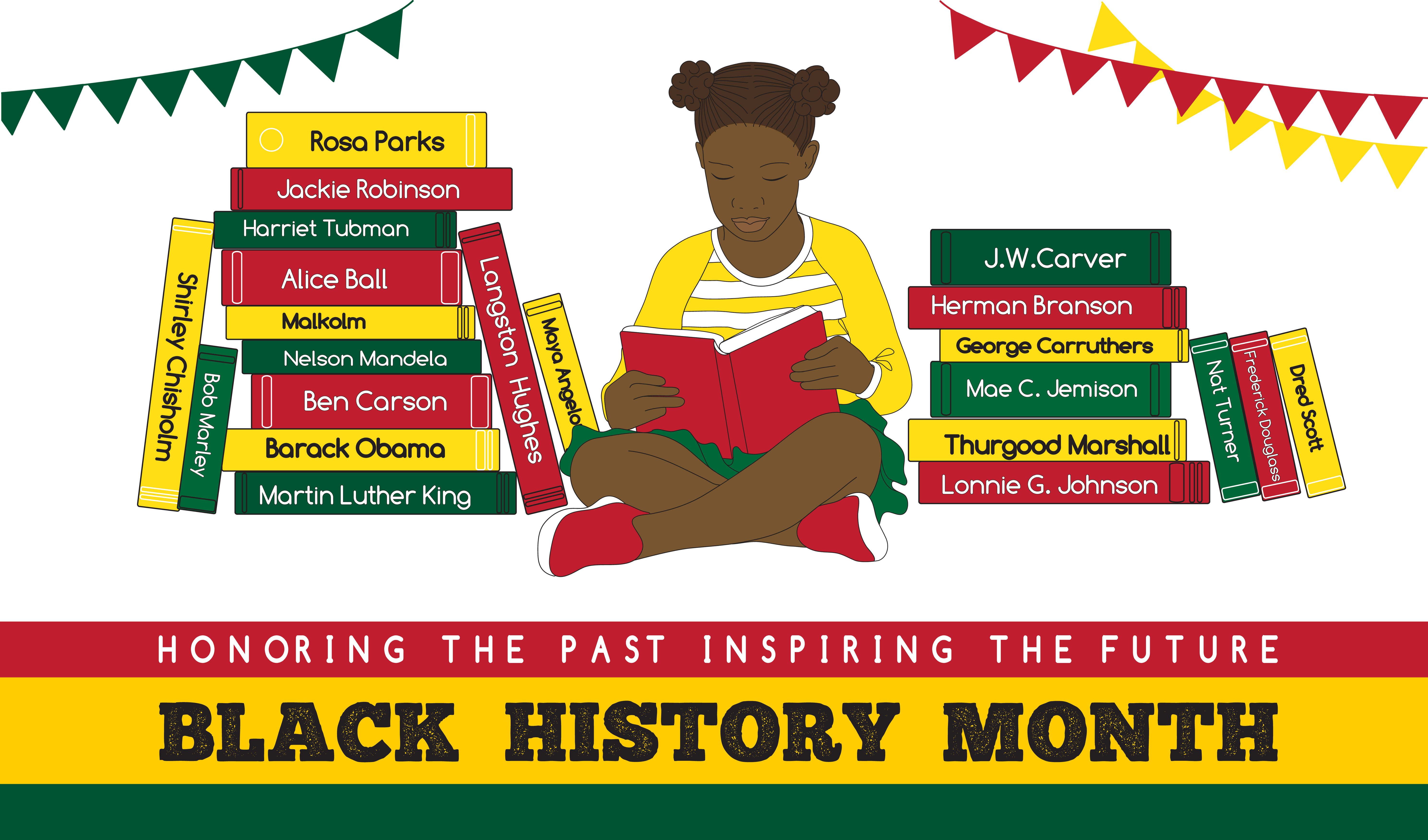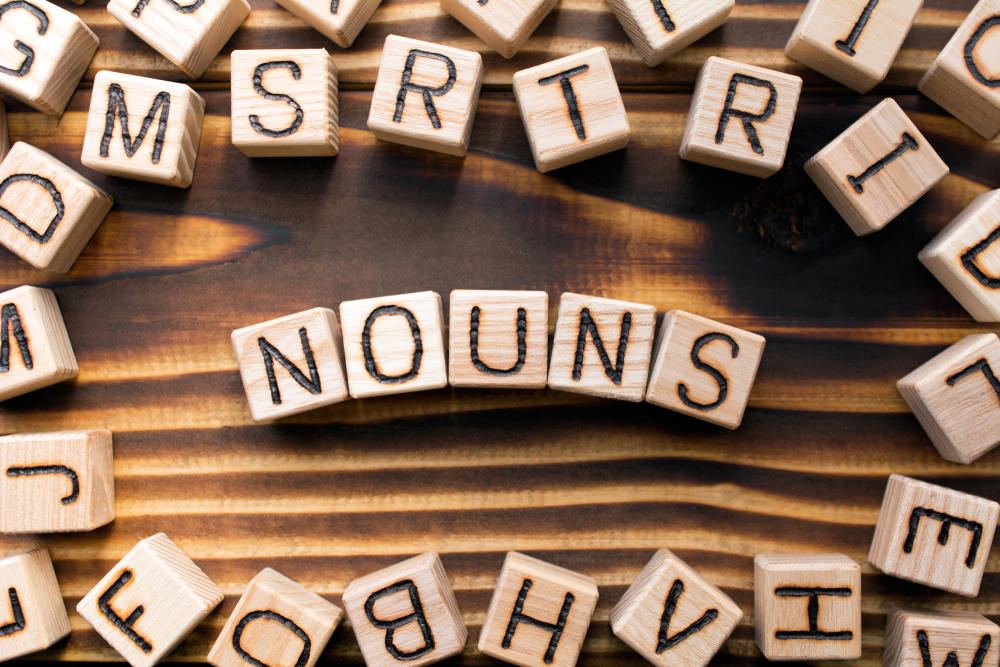Geometry Worksheets Activities With Answers for Ages 3-8
7 filtered results
-
From - To
Welcome to our engaging collection of Geometry Worksheets and Activities for children aged 3-8! Designed to make learning fun, our resources help young learners explore essential geometric concepts like shapes, sizes, and spatial awareness. Each worksheet is accompanied by answer keys, ensuring smooth assessment and support for parents and educators. Whether your child is identifying basic shapes or engaging in interactive activities, these worksheets will enhance their understanding of geometry while fostering creativity and critical thinking skills. Perfect for homeschooling or classroom use, our materials are tailored to ignite a passion for math in your little ones! Start exploring today!
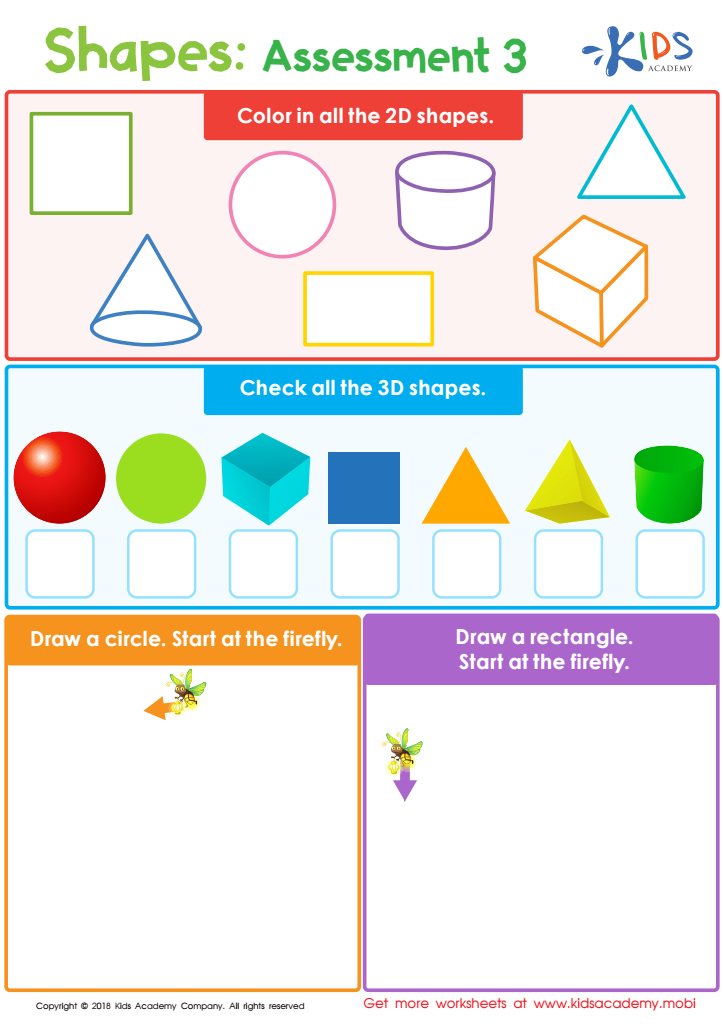

Shapes: Assessment 3 Worksheet
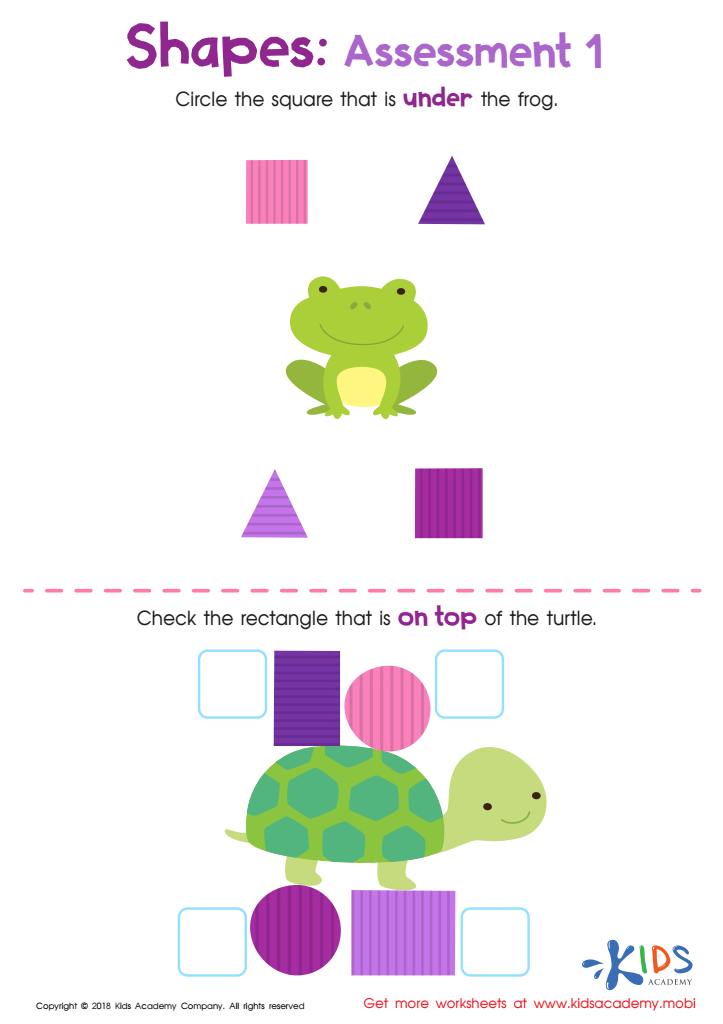

Geometry – Assessment 1 Worksheet
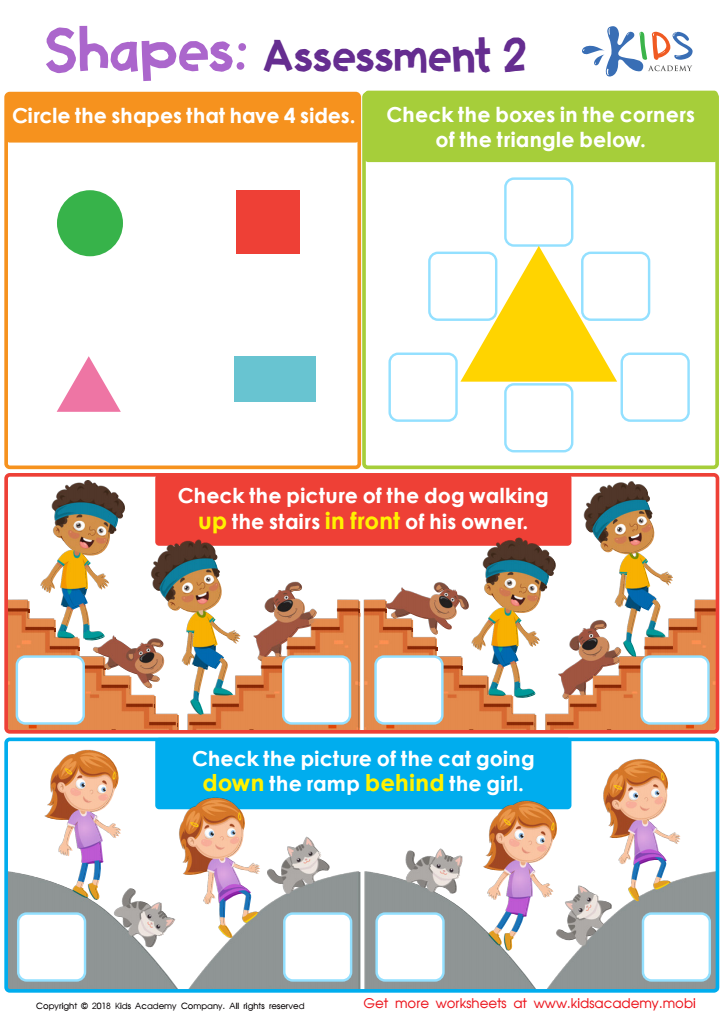

Shapes: Assessment 2 Worksheet
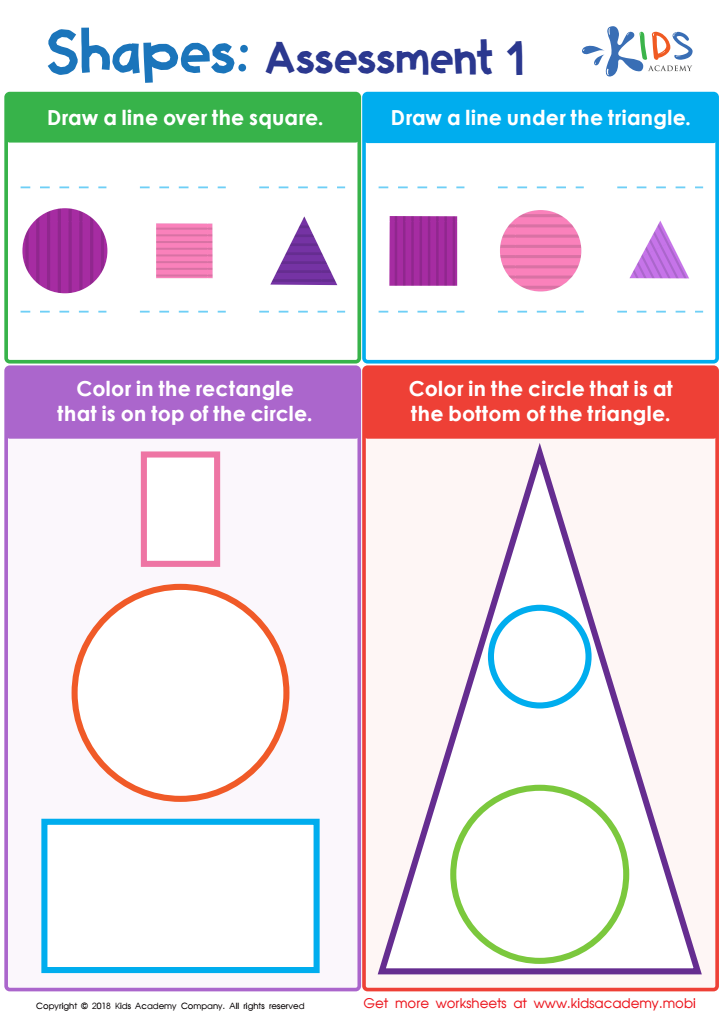

Shapes: Assessment 1 Worksheet
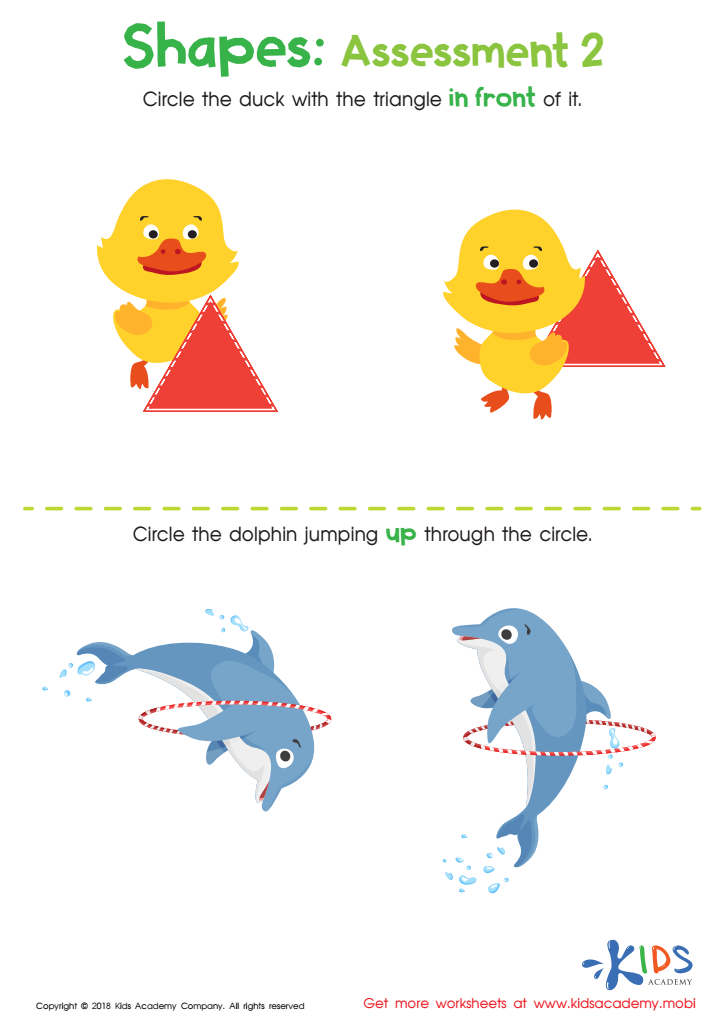

Geometry – Assessment 2 Worksheet
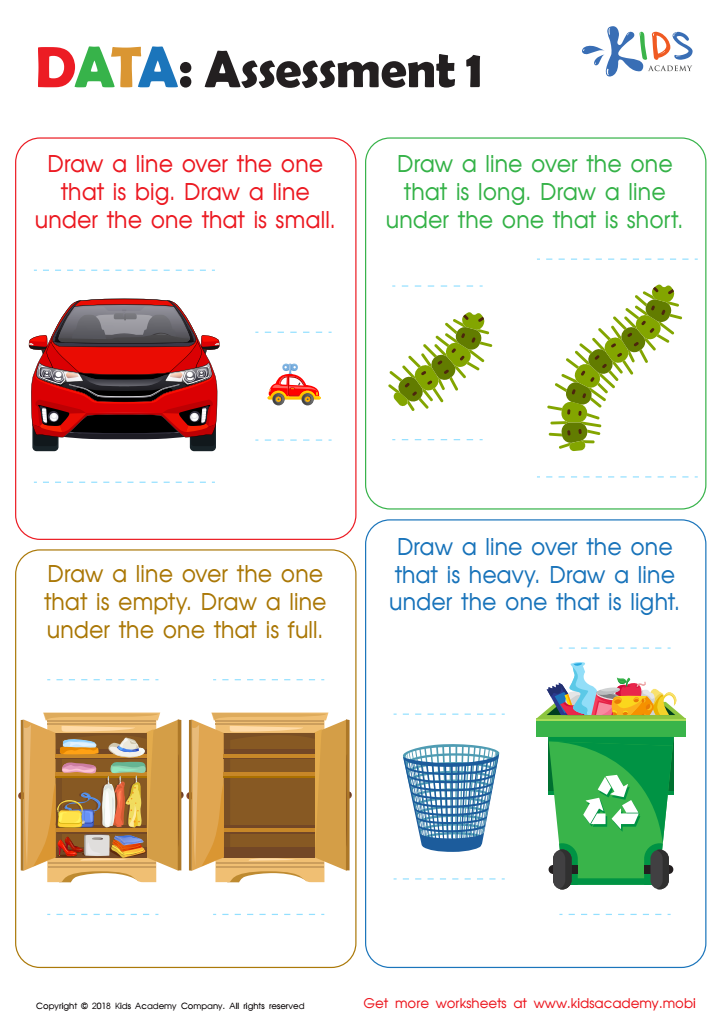

Data: Assessment 1 Worksheet
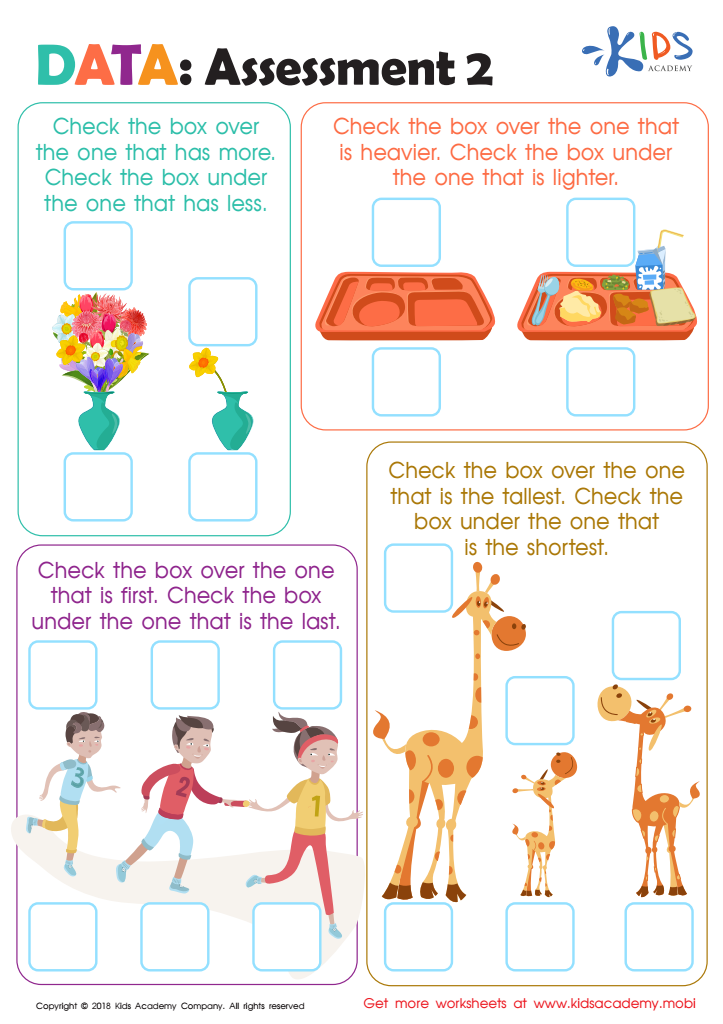

Data: Assessment 2 Worksheet
Parents and teachers should prioritize geometry activities for children aged 3-8 because these foundational skills set the stage for future mathematical understanding. Early exposure to geometry concepts, such as shapes, spatial awareness, and measurements, fosters critical thinking and problem-solving abilities. Engaging activities, like shape sorting, building blocks, and interactive games, motivate young learners while making abstract concepts tangible and relatable.
Furthermore, geometry is not just a math skill; it enhances fine motor skills and encourages creativity. An understanding of space, symmetry, and patterns is vital for everyday activities and later STEM education. By engaging children through hands-on experiences, they develop not only math skills but also confidence in their abilities.
Geometry activities also promote effective communication and collaboration when done in group settings, enabling children to express their thoughts clearly and work with others. In a world increasingly dominated by technology, nurturing these foundational skills early on prepares children for both academic success and real-world applications. Parents and teachers play a crucial role in creating a supportive learning environment that recognizes the importance of geometry, ensuring children build a strong mathematical foundation for their future endeavors.
 Assign to My Students
Assign to My Students


.jpg)


